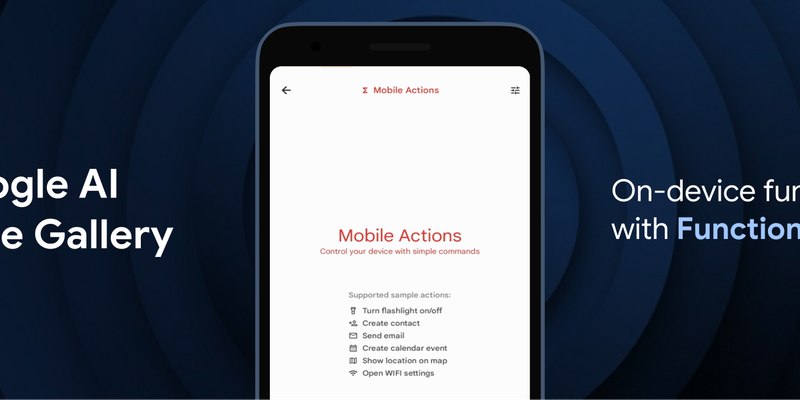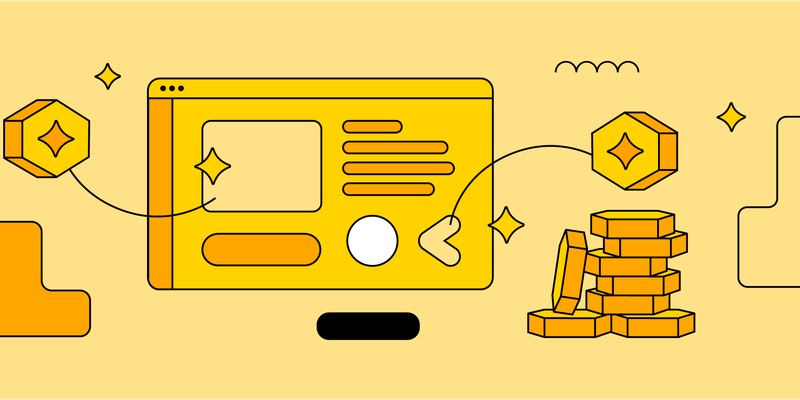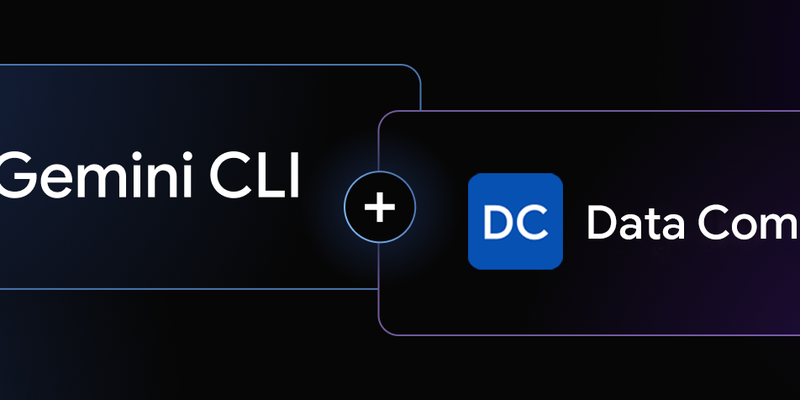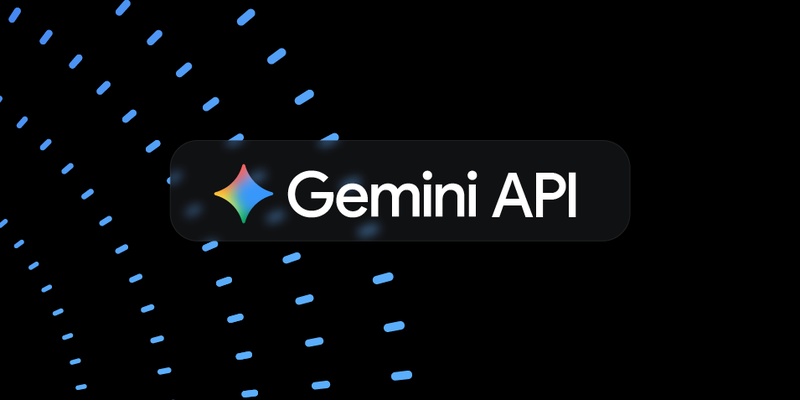116 results
FEB. 27, 2026 / AI
Agent Development Kit (ADK) now supports a robust ecosystem of third-party tools and integrations. Connect your agents to GitHub, Notion, Hugging Face, and more to build capable, real-world applications.

FEB. 26, 2026 / Mobile
Google has introduced FunctionGemma, a specialized 270M parameter model designed to bring efficient, action-oriented AI experiences directly to mobile devices through on-device function calling. By leveraging Google AI Edge and LiteRT-LM, the model enables complex tasks—such as managing calendars, controlling device hardware, or executing specific game logic in the "Tiny Garden" demo—to be performed entirely offline with high speed and low latency. Available for testing in the Google AI Edge Gallery app on both Android and iOS, FunctionGemma allows developers to move beyond simple text generation toward building responsive, "agentic" applications that interact seamlessly with the physical and digital world without relying on cloud processing.

FEB. 19, 2026 / Gemini
The Android XR team is using Gemini's Canvas feature to make creating immersive extended reality (XR) experiences more accessible. This allows developers to rapidly prototype interactive 3D environments and models on a Samsung Galaxy XR headset using simple creative prompts.

JAN. 28, 2026 / Mobile
LiteRT, the evolution of TFLite, is now the universal framework for on-device AI. It delivers up to 1.4x faster GPU, new NPU support, and streamlined GenAI deployment for models like Gemma.

DEC. 19, 2025 / AI
Gemini 3 is powering the next generation of reliable, production-ready AI agents. This post highlights 6 open-source framework collaborations (ADK, Agno, Browser Use, Eigent, Letta, mem0), demonstrating practical agentic workflows for tasks like deep search, multi-agent systems, browser and enterprise automation, and stateful agents with advanced memory. Clone the examples and start building today.

DEC. 16, 2025 / AI
Learn how to build modular and reliable agentic applications using 8 effective multi-agent design patterns with the Agent Development Kit (ADK).

DEC. 11, 2025 / AI
The new Gemini Interactions API enables stateful, multi-turn AI agent workflows, providing a single interface for raw models and the Gemini Deep Research Agent. It can be integrated with existing ADK systems as a superior inference engine with simplified state management, or used as a transparent remote A2A agent via InteractionsApiTransport, allowing seamless expansion of multi-agent systems with minimal refactoring.

DEC. 4, 2025 / AI
ADK introduces **Context Engineering** to scale AI agents beyond large context windows. It treats context as a compiled view over a tiered, stateful system (**Session, Memory, Artifacts**). This architecture uses explicit processors for transformation, enables efficient compaction and caching, and allows for strict, scoped context handoffs in multi-agent workflows to ensure reliability and cost-effectiveness in production.

DEC. 2, 2025 / AI
The new Data Commons extension for the Gemini CLI makes accessing public data easier. It allows users to ask complex, natural-language questions to query Data Commons' public datasets, grounding LLM responses in authoritative sources to reduce AI hallucinations. Data Commons is an organized library of public data from sources like the UN and World Bank. The extension enables instant data analysis, exploration, and integration with other data-related extensions.

NOV. 25, 2025 / AI
Gemini 3 is available via API with updates for developers: new `thinking_level` for depth control, `media_resolution` for multimodal processing, and enforced `Thought Signatures` for agentic workflows, especially with function calling and image generation. It also introduces combining Google Search/URL Grounding with Structured Outputs and new usage-based pricing for Grounding. Best practices, like using default temperature, are advised for optimal results.
